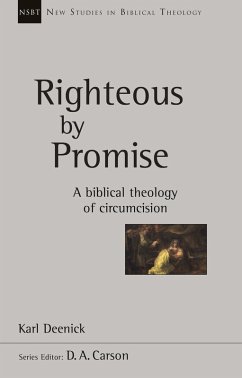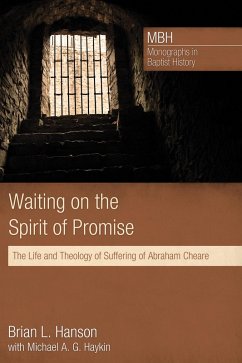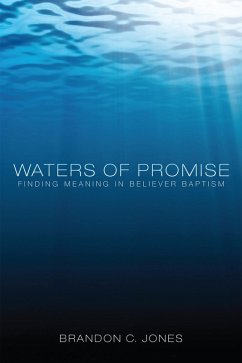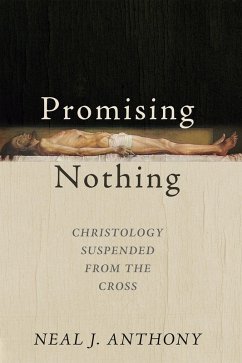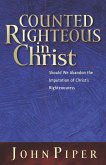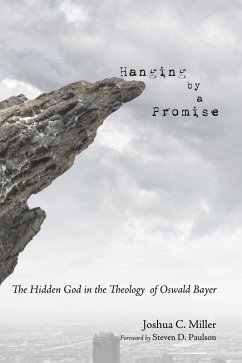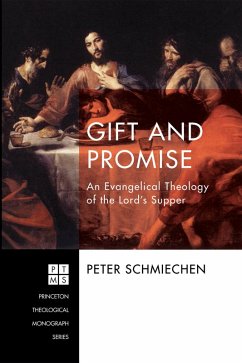Given the foundational importance of circumcision in the Old Testament and its prevalence in debates in the New Testament, it is remarkable that so little detailed work has been done on establishing a biblical theology of circumcision. This oversight is even more surprising given that circumcision forms the background to some of the most contested writings of the apostle Paul. Furthermore, the biblical material seems to present quite varied and even apparently contradictory pictures of what circumcision means.
Two key biblical concepts closely linked to circumcision are righteousness and faith. Karl Deenick shows that these are central to both the New Testament and the developing Old Testament understandings of circumcision. They are held together by the unfolding promise of a blameless 'seed of Abraham', Jesus Christ, through whose sacrifice the promised righteousness will finally come. This righteousness will be enjoyed by those whose hearts are 'circumcised', trusting in God's promise.
'Dr Deenick arrives at nuanced definitions of both physical circumcision and circumcision of the heart. His study sheds fresh light not only on many Old Testament passages, but also on Romans 2 - 4, much of Galatians, Philippians 3, Colossians 2, and Acts 7 and 15. Better yet, it suggests an integrating line of development across the canon . . .' (D. A. Carson).
Two key biblical concepts closely linked to circumcision are righteousness and faith. Karl Deenick shows that these are central to both the New Testament and the developing Old Testament understandings of circumcision. They are held together by the unfolding promise of a blameless 'seed of Abraham', Jesus Christ, through whose sacrifice the promised righteousness will finally come. This righteousness will be enjoyed by those whose hearts are 'circumcised', trusting in God's promise.
'Dr Deenick arrives at nuanced definitions of both physical circumcision and circumcision of the heart. His study sheds fresh light not only on many Old Testament passages, but also on Romans 2 - 4, much of Galatians, Philippians 3, Colossians 2, and Acts 7 and 15. Better yet, it suggests an integrating line of development across the canon . . .' (D. A. Carson).
Dieser Download kann aus rechtlichen Gründen nur mit Rechnungsadresse in A, D ausgeliefert werden.

